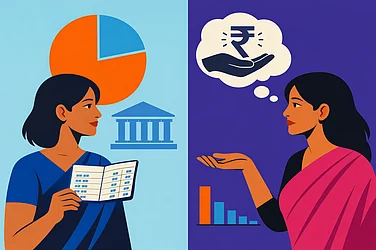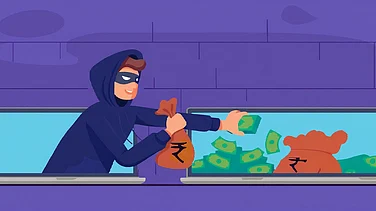Credit cards are convenient and beneficial, but if you own a several of them, you must plan accordingly. If done without planning, it can lead to debt and financial burden. By avoiding common blunders you may optimize your credit cards and regulate your finances.
1. Missing Payment Due Dates
Having more than one card makes it complicates to tracking various due dates. Miss a payment, and you're charged with penalties, increased interest, and a bad credit history. If delays continue, lenders may see you as a high-risk borrower, making it harder to get approved for future loans. To remain on schedule, put a reminder on your phone or bank app. "You can also set up auto-pay to cover the minimum due amount. Stay disciplined on payments, and your credit history will be in top condition.
2. Maxing Out Multiple Cards
As you have a high credit limit, it does not mean you will use it all. Overspending on several cards raises your credit utilization ratio, one of the key determinants of your credit score. A high ratio indicates financial stress, and lenders will not want to lend you money or give you credit in the future. It also translates into higher repayment costs, which you may struggle to pay every month. Ideally, maintain your utilization at less than 30 percent of the total limit and use expenses judiciously across your cards.
3. Overlooking Interest Rates and Fees
Not all credit cards are equally priced, and ignoring these truths can result in unnecessary expenditure. Some cards involve enormous annual fees, foreign transaction fees, and heavy penalties for cash withdrawals. You can end up losing plenty in the future if you don't pay attention. Always read the terms and conditions before you apply for a card. If the fees of a card outshine its advantages, look for others that will better meet your spending and financial needs.
4. Not Utilizing EMI and Balance Transfer Facilities
If you carry a large credit card outstanding, ignoring EMI and balance transfer facilities can cost you high. Certain banks permit you to convert large purchases into EMIs at lower interest rates, which makes repayment easy. Balance transfers also enable you to transfer high-interest debt to a low-interest card, thus saving you on overall costs. These facilities help you manage debt and prevent financial burden. If you are facing difficulties in repaying, ask your bank for these facilities to lighten your financial burden.
5. Failing to Redeem Rewards
Credit cards offer rewards like cashback, airline miles, shopping discounts, and dining deals. However, these rewards often come with an expiry date. If you don’t track them, you might miss out on valuable savings. Regularly check your rewards balance, understand the redemption process, and use them before they expire to maximize the benefits of your credit cards.











